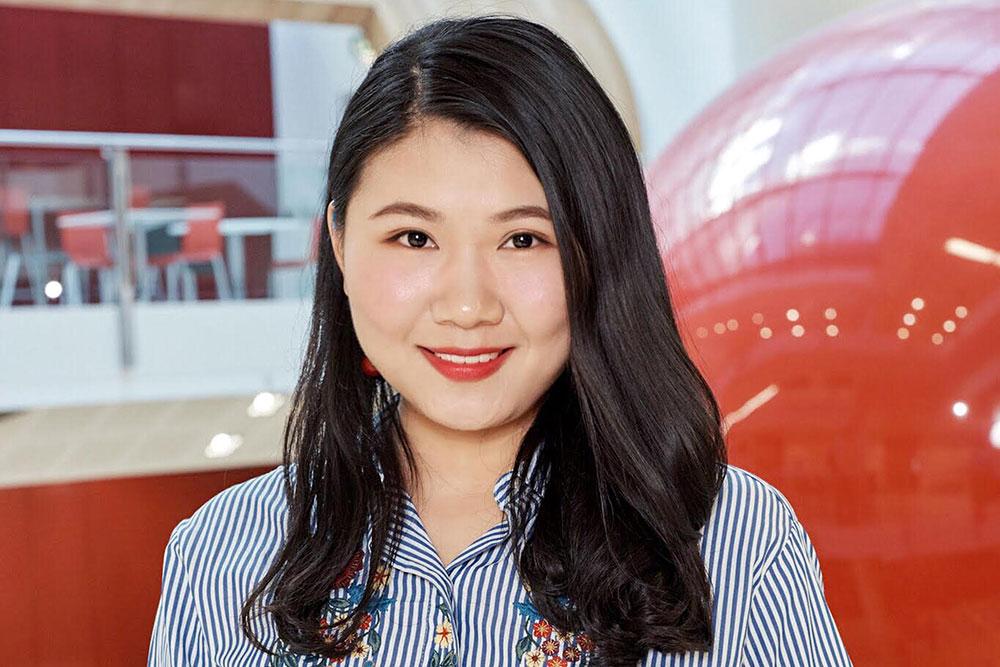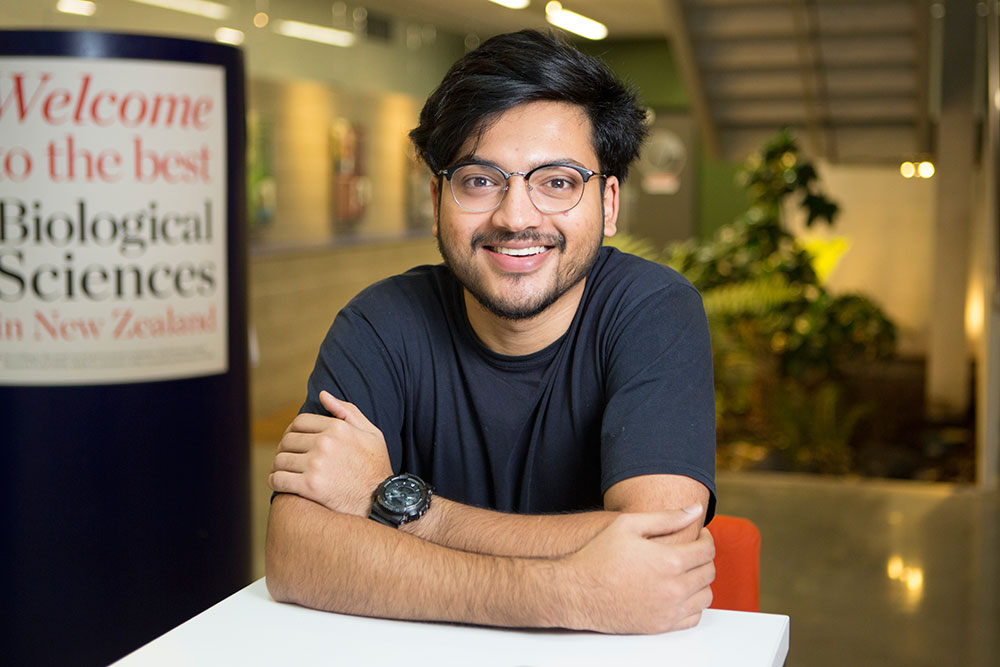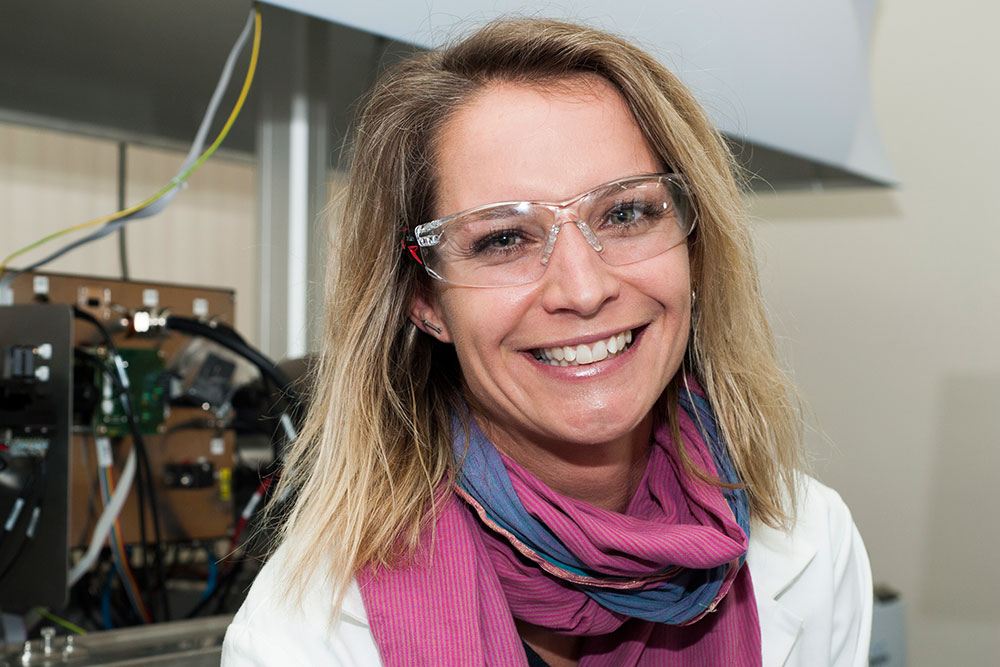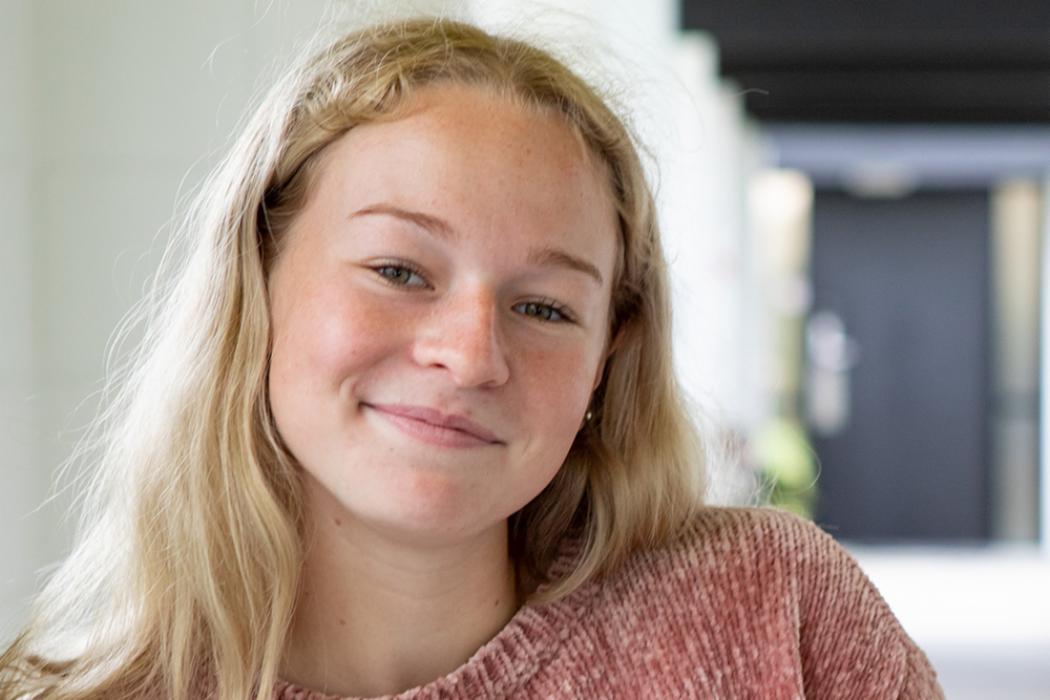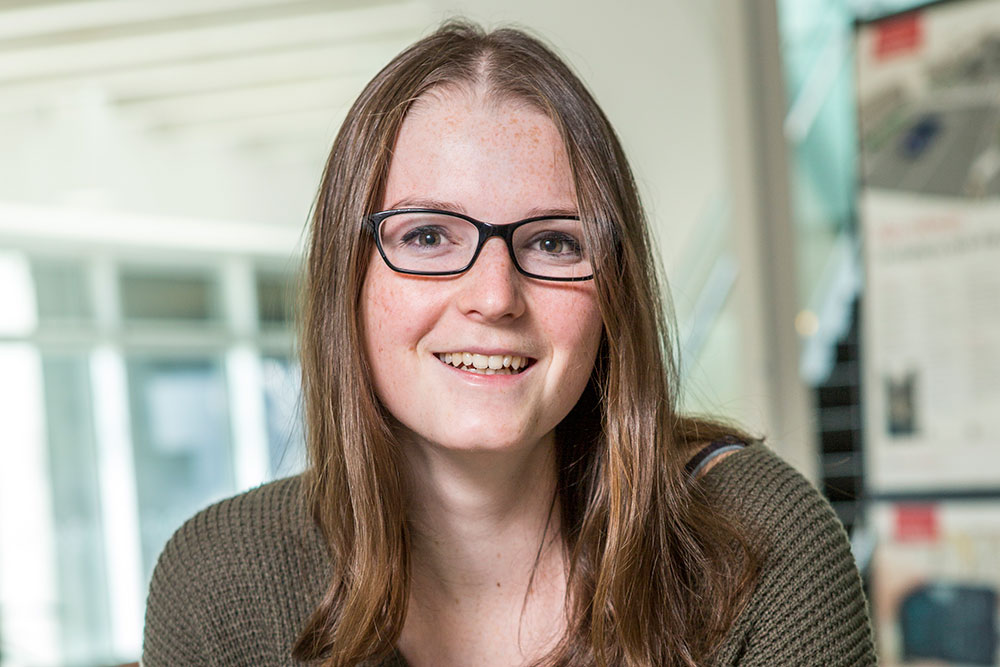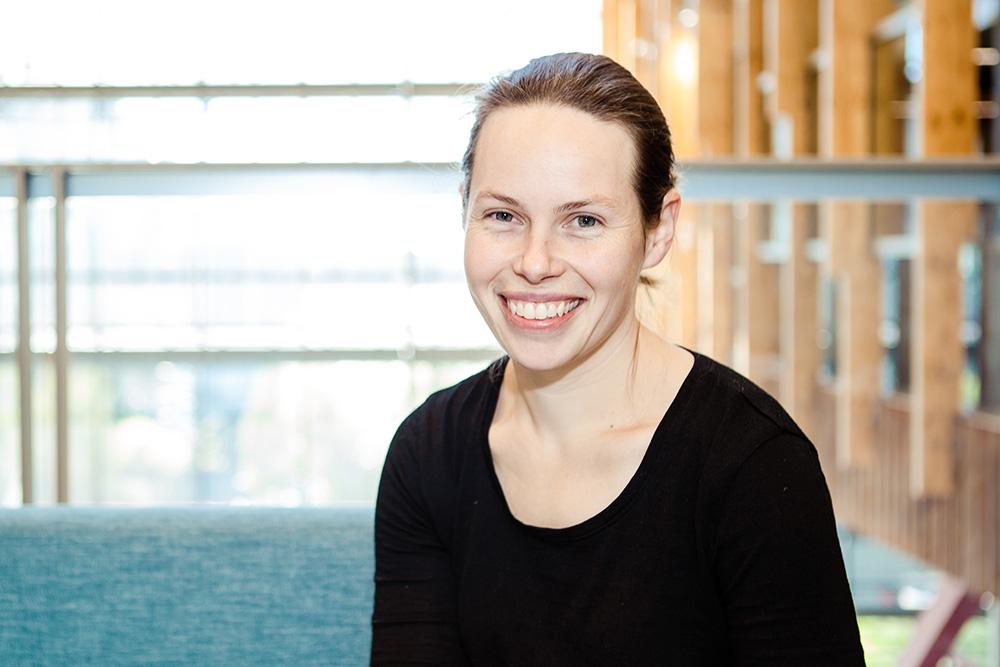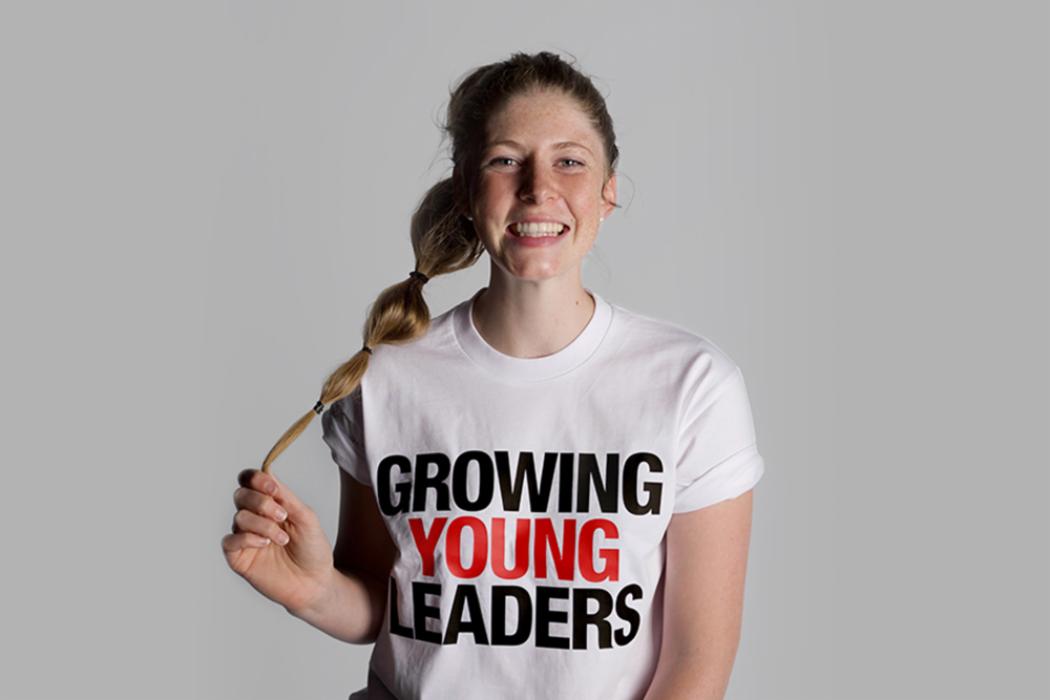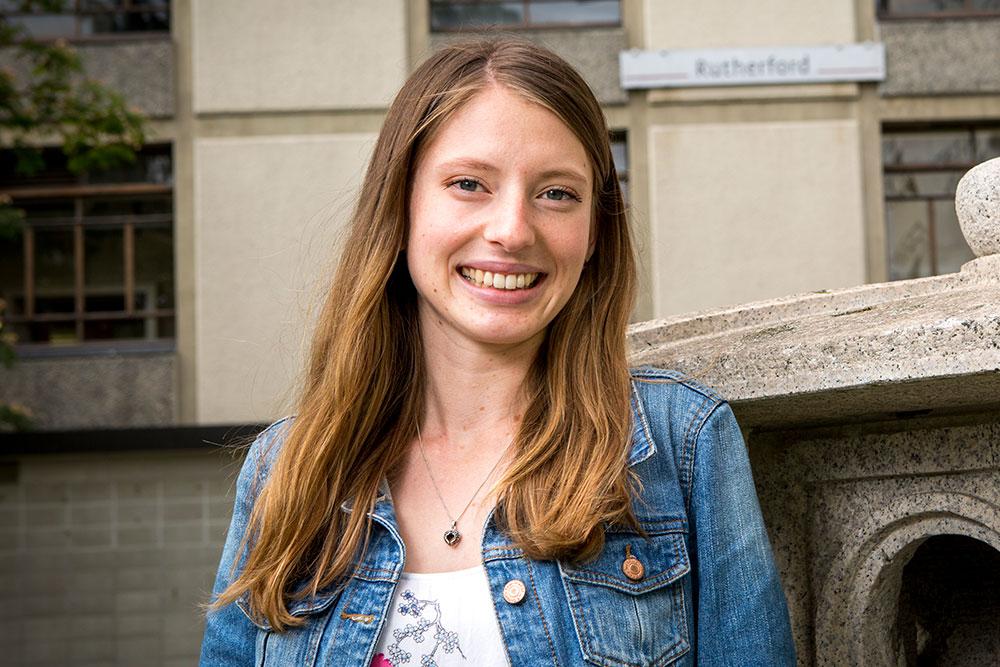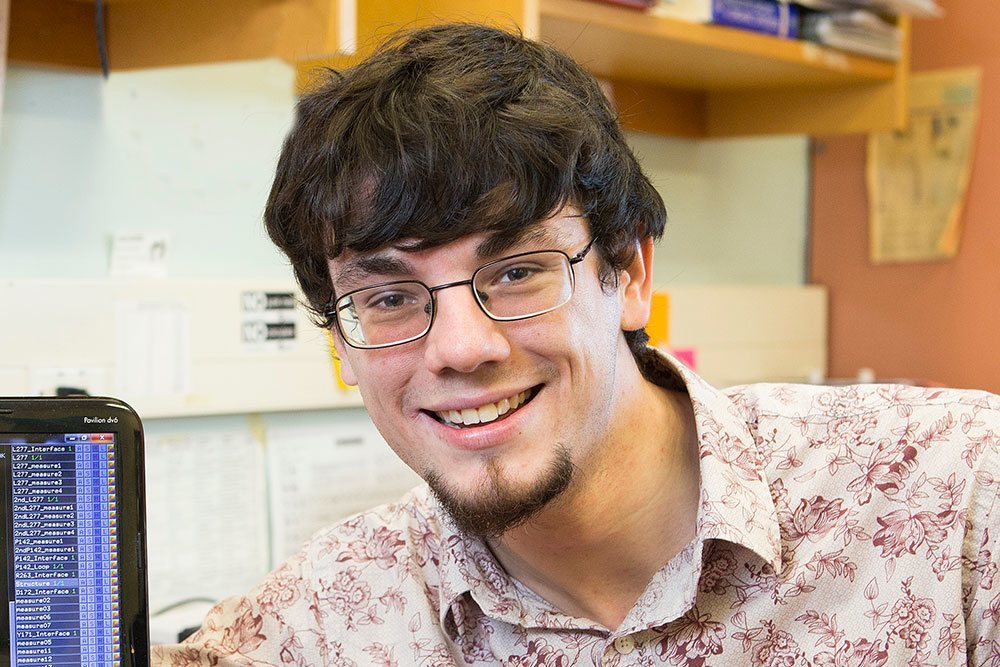Bachelor of Science in Biochemistry
Bachelor of Science with Honours in Biochemistry
Postdoctoral Fellow, Te Whare Wānanga o Waitaha | University of Canterbury
Research Analyst, Matū Fund
What’s your favourite part about being a research scientist?
I get to work with people all over the world to solve problems that no one has ever worked on. I enjoy the opportunities in science to travel for work internationally, even when you’re a junior scientist.
Can you explain what your research work involves?
I’m a research Fellow here at UC, which means I do research but also supervise PhD students and manage research projects. My area of research is cultivated meat, a technology that means we might be able to make meat without animals. My research area is looking at the policy and regulatory implications of the technology.
I also work on coeliac disease and gluten research with external companies; this was the focus of my PhD. My day-to-today normally involves meetings with students and collaborators to discuss projects, writing research papers or grants, and some lab work.
How did you first start your study journey?
I had always been interested in biology at school. I was motivated to study it at University because my Year 12 and 13 biology teachers were awesome and let me have the freedom to learn what I wanted in class – they didn’t confine me to a certain way of thinking as I found in most other subjects.
And what would your advice be for other future students?
Degrees in science can lead to so many different jobs, you don’t have to work in a lab to use your science knowledge. This used to worry me as I didn’t know what I wanted to do, but now I see the number of potential jobs and it’s exciting.
There are many different career paths to be successful in science. A science degree is a great starting point that can lead to many opportunities that allow you to think outside the box.


